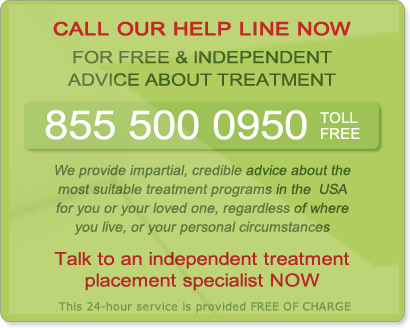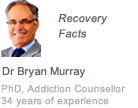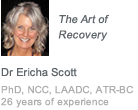Intervention
Intervention can make the difference to an addict choosing recovery or following the path of active drug addiction to the end. Intervention centers and interventionists offer quality service in addressing the addicts’ denial, offering them an opportunity to begin detox and rehab. Often intervention specialists can achieve results that untrained family members and friends could not.
What is intervention?
The process of intervention is quite straightforward. Either a judge or a family may order or contract the services of intervention specialists. The interventionists will take a detailed history of the addict, they will spend a little time talking to friends and family and then arrange a time and place for the addict to come along. The interventionists will have a loose script and a good idea of how the meeting will progress, they will advise family and friends what to expect and how to behave.
The addict will meet the interventionist, often with friends and family there as well. It is up to the interventionist how they shape the interview, but the aim will be to find a way to reach the addict and allow them to face the problem of their addiction. Usually the venue chosen for this meeting will be somewhere away from the home, a place where the addict and the family will feel comfortable and where there is room for people to have time out if the meeting gets heated, as it often does.
Why is intervention needed?
Intervention is not always necessary. Sometimes friends or family can persuade an addict to start the process of recovery, support the addict through it and achieve the needed result. Other times this is not possible, perhaps relationships have broken down between the addict and family, or the addict has already had violent outbursts when confronted about their problems. Of course, it can be difficult for anyone to get through the barriers of addiction and find a way for the addict to face and accept the addiction, let alone persuade them to enter a treatment program.
- Most drug addicts underestimate their problem and see no reason to do anything about it, other than finding more drugs
- Family and friends may not know how to approach the addict without turning the discussion into a confrontation, making the addict angry and potentially aggressive
- It is difficult for those who know, were close to and care about the addict, to understand that it is the addiction talking when the addict refuses help, denies addiction and ignores the consequences of the situation
How is intervention helpful?
Intervention interrupts the pattern. Drug addicts are used to the tears, tension, wailings and pleas of their relatives and friends. They learn how to live with it all, and are adept at discounting everything that is said. When someone from outside takes control, family and friends do not behave as they always have, and the meeting is in a neutral place the addict has to react differently as well, and the result is usually an acceptance and agreement to enter a treatment program. Intervention is worth investing in to save an addict from the ultimate consequences of their current path.
- Interventionists are well-educated and trained; they know exactly what to expect of a reluctant addict and how to deal with his reactions
- Interventionists use their training, experience and expertise to select the best approach, depending on the duration of addiction, the drugs used and the addict’s personality;
- Family and friends are included in the meeting and are properly advised about what might happen and how to react
The intervention process is the beginning of recovery from drug addiction. There are logical steps in the intervention process:
- Contacting an intervention center and looking for a specialist
There are many types of intervention centers, it is important to find one that family and friends are comfortable with - Gathering information and studying the situation
An interventionist will carefully gather all the necessary information about the addict and talk to family members. It will help him to decide which approach will be the best, who should be involved in the intervention process and how exactly the intervention can be performed. - Planning the most fitting strategy with the interests of the addict and the family in mind
Each intervention is unique. Based on how serious the addiction is and which substance is abused, the interventionist will outline all the required steps and discuss them with the family. - Implementing the strategy, making sure that all the requirements are met
When the plan is ready and approved by everyone involved, the day of intervention will be picked. When carrying out the plan, the interventionist will make sure that it is strictly followed, and introduce some changes if necessary
Drug addiction intervention is not necessarily confined to family and friends; it can be for a co-worker who has a problem or an associate of another kind.
Court orders for intervention are also possible. In Florida the Marchman Act is frequently used to order people into detox, rehab and other treatment programs when it is clear that they are a danger to themselves and those around them. The denial of addiction, refusing treatment and criminal, violent behavior of drug addicts can be so dangerous that intervention of this kind is sought either by family, police or doctors.












